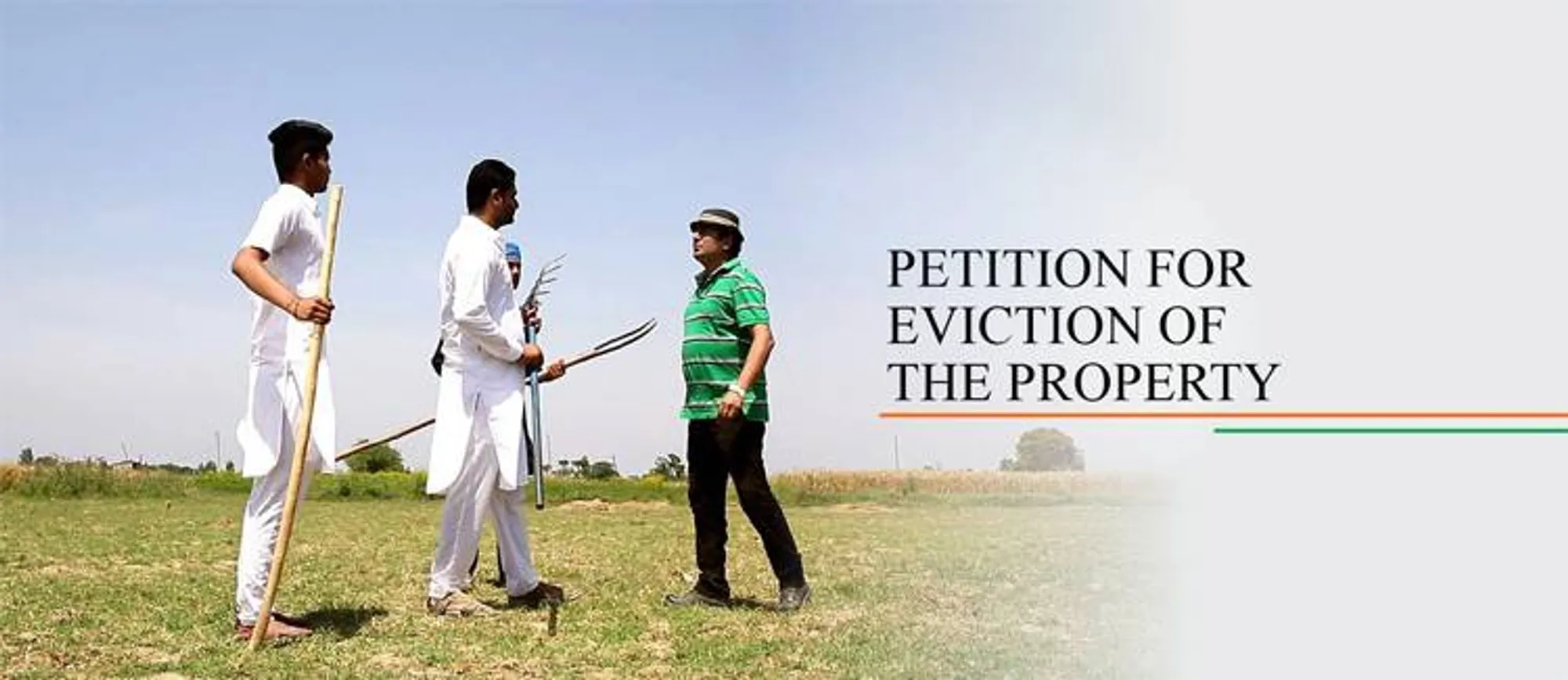Eviction of property for various purposes may turn ugly if the relationship between the tenant and landlord is not amicable. Lack of understanding may lead to several issues and in many cases, the involvement of court to carry out the eviction.
One of the prominent reasons for a landlord to ask his tenant to vacate a property is the bona fide requirement of the landlord. ‘Bona fide’ requirement refers to the situation where the landowner requires the premises/property for self or family use.
There are some things that the landlord should keep in mind while carrying out the eviction. Of these, the major thing is that he/she shouldn’t use any unfair means such as threatening the tenant, throwing out his possessions, forcefully entering the premises or cutting down his basic amenities.
This not only affects the case negatively but also gives an opportunity to the tenant to file a case against the landlord. If the allegations are proved successfully, the chances of getting the property evicted may reduce significantly.
Other interesting facts about these petitions are:-
- The crucial date for determining the legit needs of the landholder for eviction proceedings is the date on which the petition is filed.
- The death of the petitioner has no effect on the trial because the heirs of the deceased applicant are entitled to defend the case after mentioning the bona fide requirements of the asset as specified in the petition.
- If the property is owned by multiple people, only one of them is required to file the application if none of the co-owners object. The rules state that every co-owner possesses ownership rights over each and every element of the asset. Thus, no co-owner can be considered a partial owner.
Undoubtedly, the landlord has full entitlement to his property even if he rents it out. His bona fide requirements are sufficient to ask the tenant to evict the premises. However, it is essential that the owner abides by the law and doesn’t use any unjust means to get his property back.

